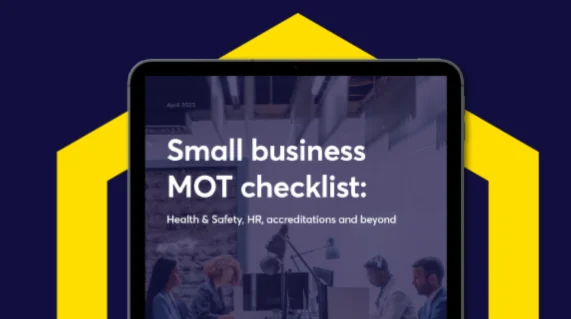With winter on the horizon, respiratory illnesses like colds and flu are more likely – which can greatly affect your business and employee wellbeing. As a business leader, you play an important role in reducing the likelihood of these illnesses affecting your business.
To help protect your business from respiratory illness, keep these bug-busting strategies in mind:
You’ll also want to make sure you have in place sickness and absence management policies and that these have been communicated and acknowledged by your team.
- Promote hand hygiene:
- Encourage consistent handwashing with soap for at least 20 seconds.
- Provide hand sanitiser stations for easy access.
- Use educational materials like posters to reinforce proper handwashing techniques.
- Enhance sanitisation practices:
- Increase the frequency of cleaning and disinfecting high-touch areas.
- Make use of disinfectants that kill or remove bacteria and viruses (completed a CoSHH assessment for any you’re using).
- Improve ventilation:
- Make sure that indoor spaces have adequate ventilation by maintaining heating, ventilation and air conditioning (HVAC) systems.
- If possible, open trickle vents/windows/increase the proportion of fresh air in your HVAC system to allow fresh air in (remember to consider the comfort of your workers).
- Remote work for illness (if feasible for your business):
- Establish policies allowing employees to work from home if they have symptoms of respiratory illness but are still well enough to work (ensure that you run these by your employment law / HR team).
- Provide necessary technology and resources to support remote work.
- Cultivate a culture that values employee health over workplace presence.
- Respiratory etiquette:
- Encourage employees to cover their mouth and nose with tissues or elbows when coughing or sneezing.
- Support vaccination:
- Encourage employees to get vaccinated against common respiratory illnesses (if they want to/need to), like the flu and COVID-19.
- Communicate policies:
- Ensure that your workers are aware of what’s expected of them if they get a respiratory illness.





